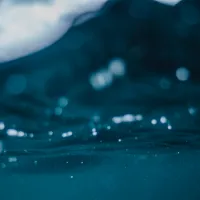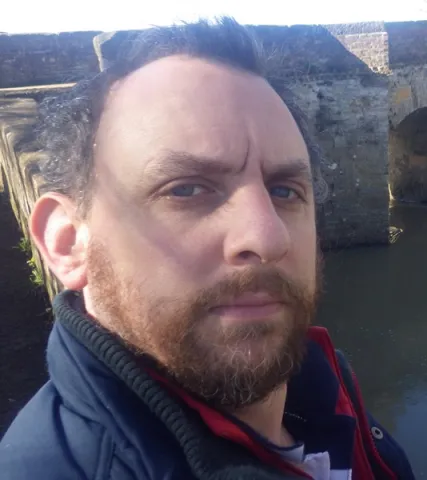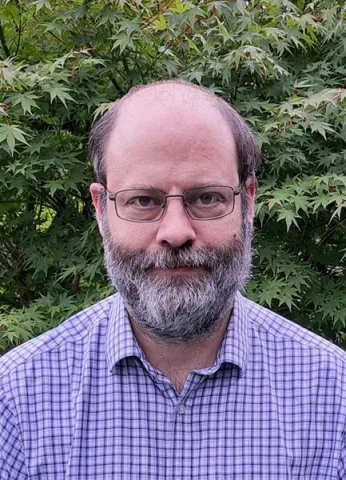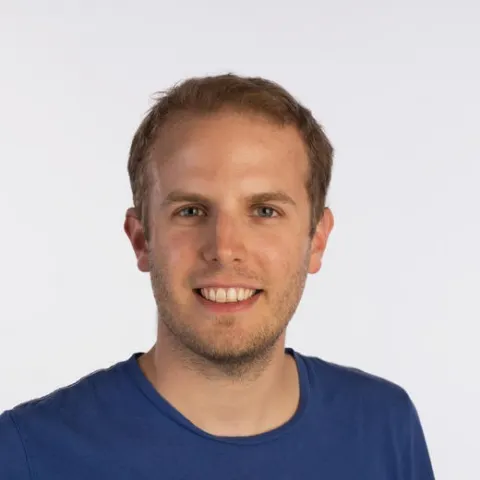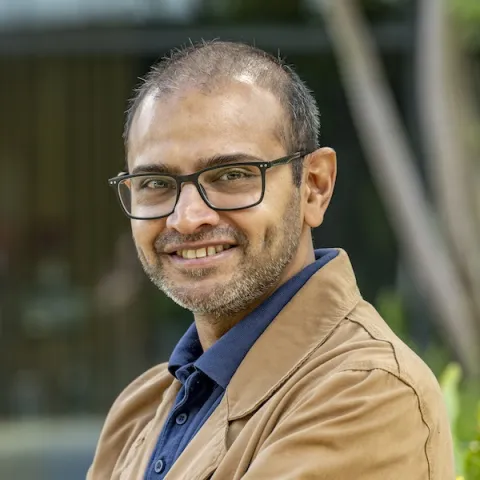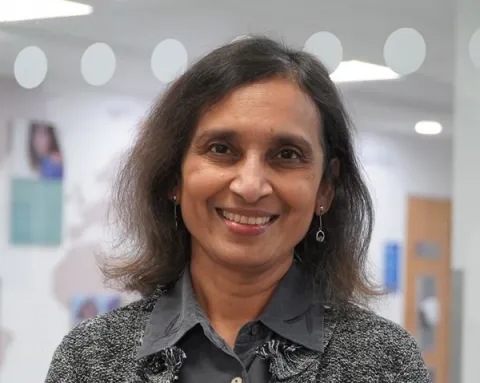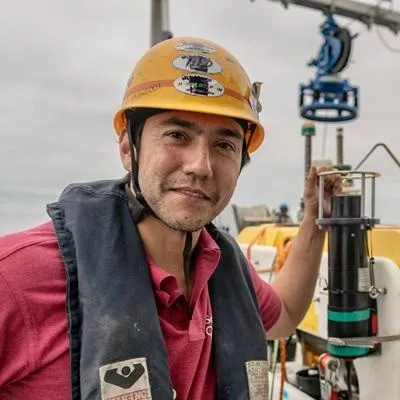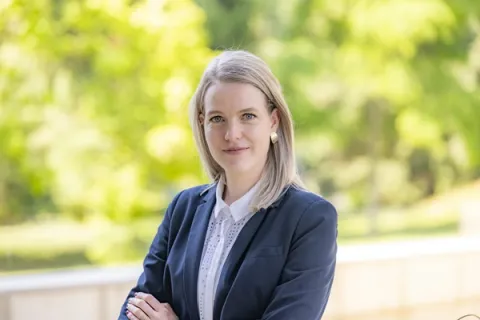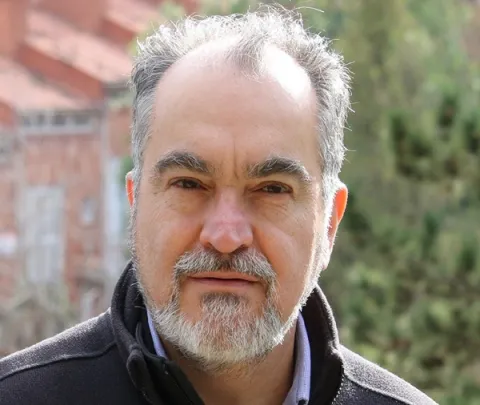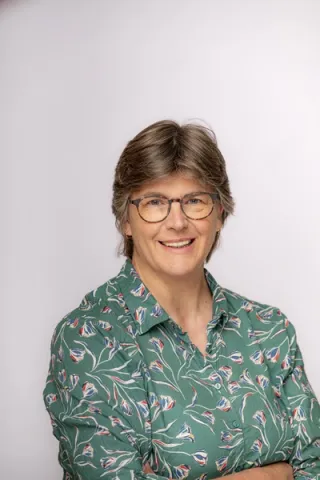Coastal Communities
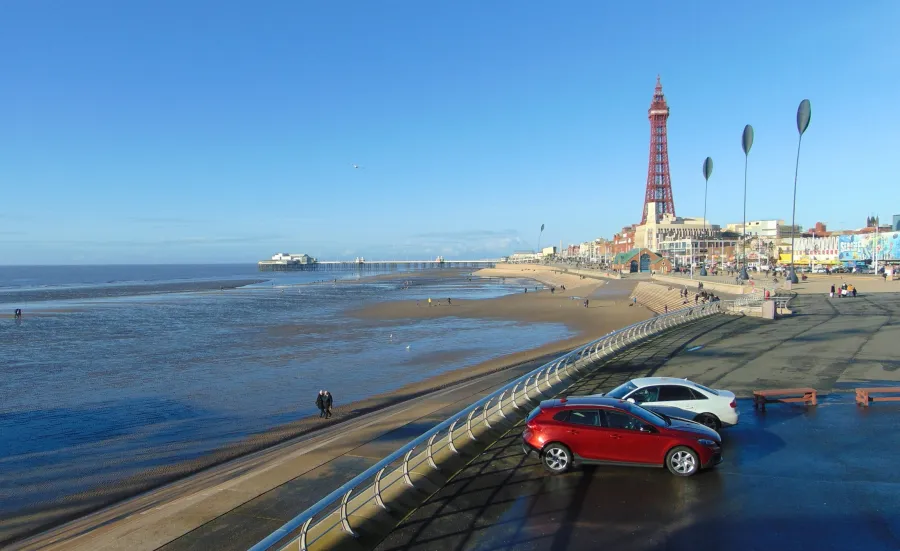
Coastal Communities SIG focuses on bringing together researchers and non-academic stakeholders to tackle challenges facing coastal communities.

Coastal Communities SIG focuses on bringing together researchers and non-academic stakeholders to tackle challenges facing coastal communities.

We are an interdisciplinary group of researchers interested in tackling real-world challenges in coastal communities. We aim to improve understanding and capacity to adapt to these challenges by bringing together those researchers, policymakers, and other stakeholders who are affected, interested and/or involved in coastal communities. Through creating a forum for discussion, sharing methods and best practice, and doing research together, we can improve understanding and management of the challenges that coastal communities face, ranging from the health impacts of air pollution to social effects of climate change-driven coastal change.
On an annual basis, the Coastal Communities SIG will host three formal meetings to:
The Coastal Communities SIG invites those from within and outside of the University of Southampton to join the group. We welcome new ideas for events, trainings, speakers.
To find out more about the Coastal Communities Special Interest Group and what we do, get in touch with group champions Sien Van Der Plank, Imali Manikarachchige, Freya Ivy Palmer, and Avanthika Kamath.
Join the SMMI Community to sign up to this group and our other special interest groups.
